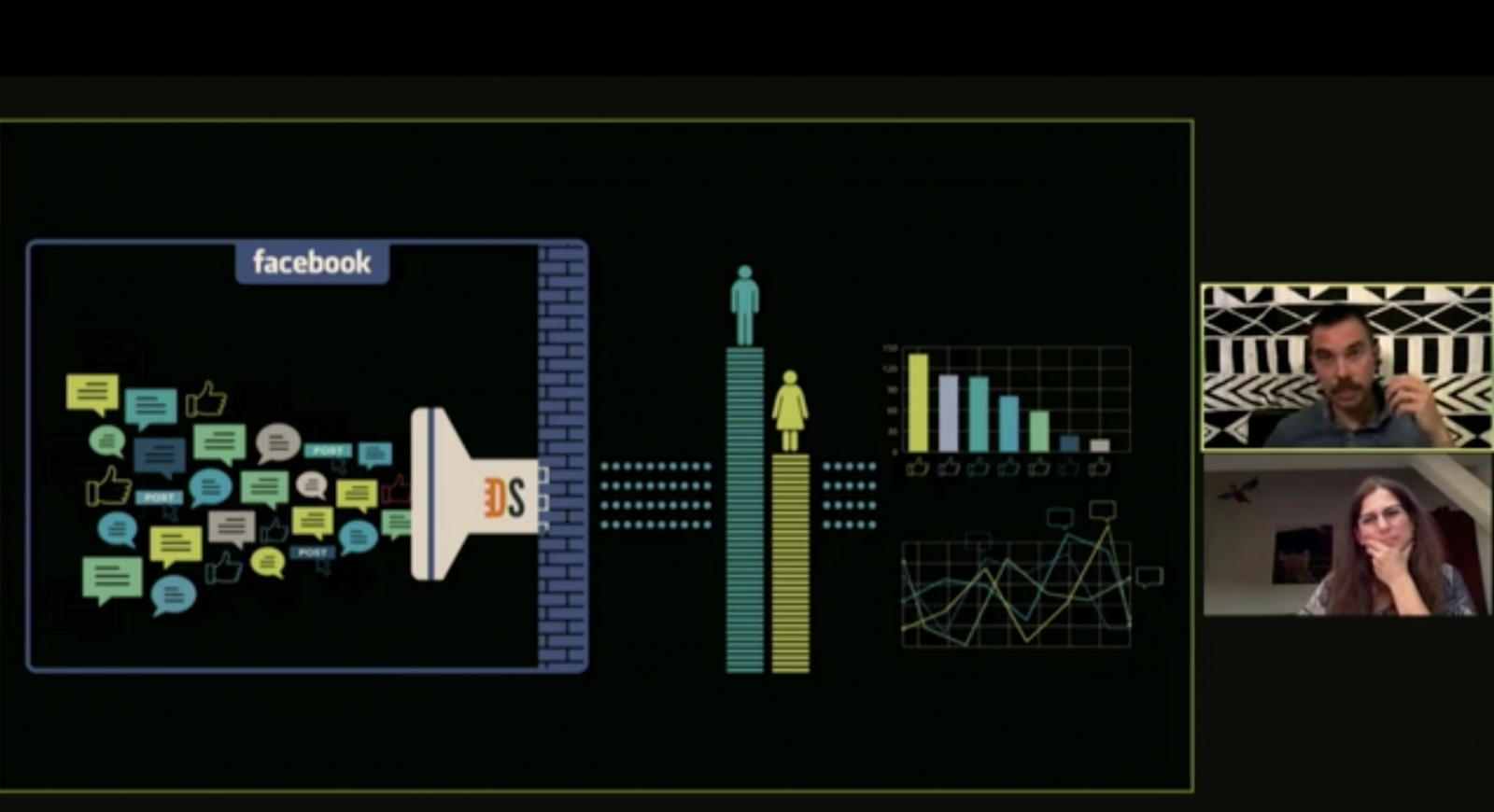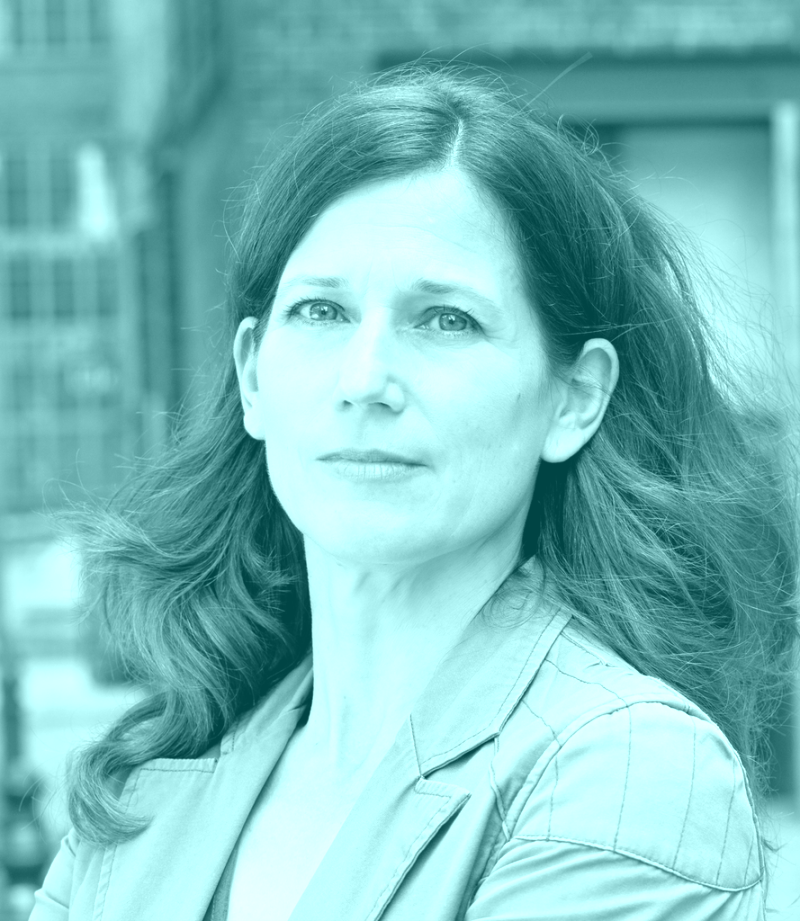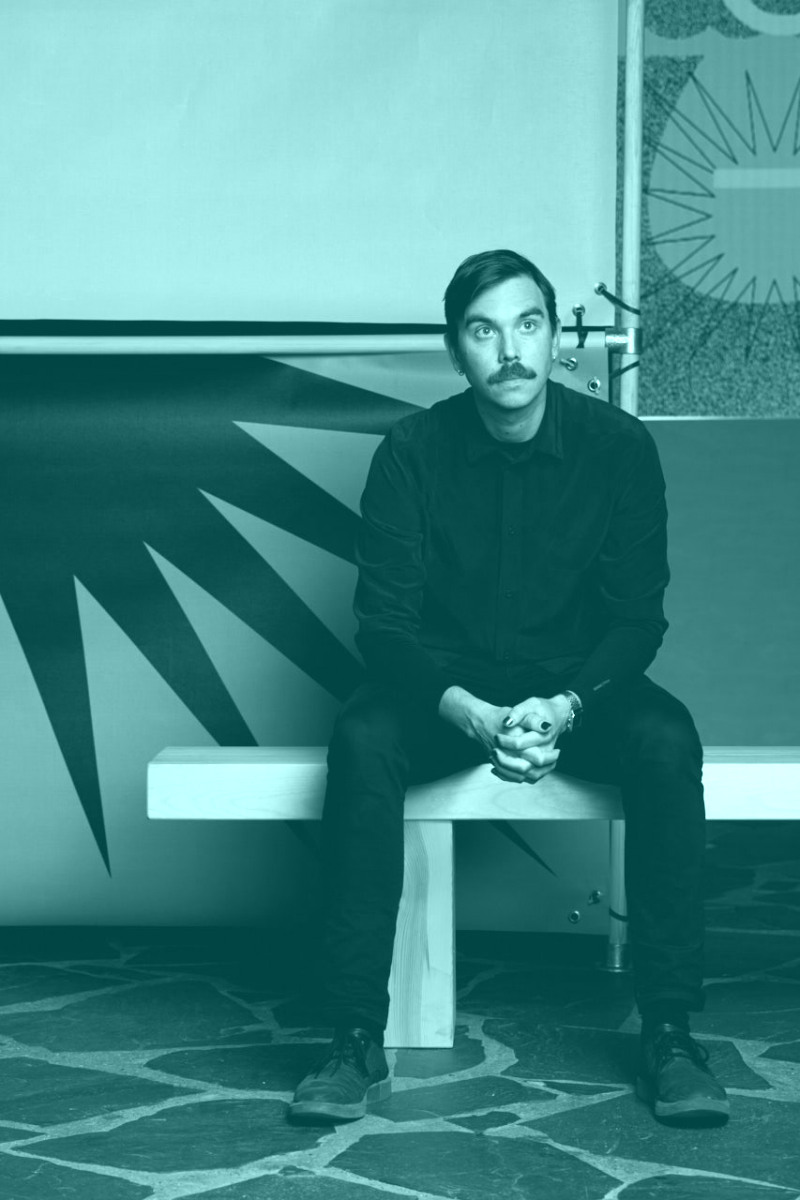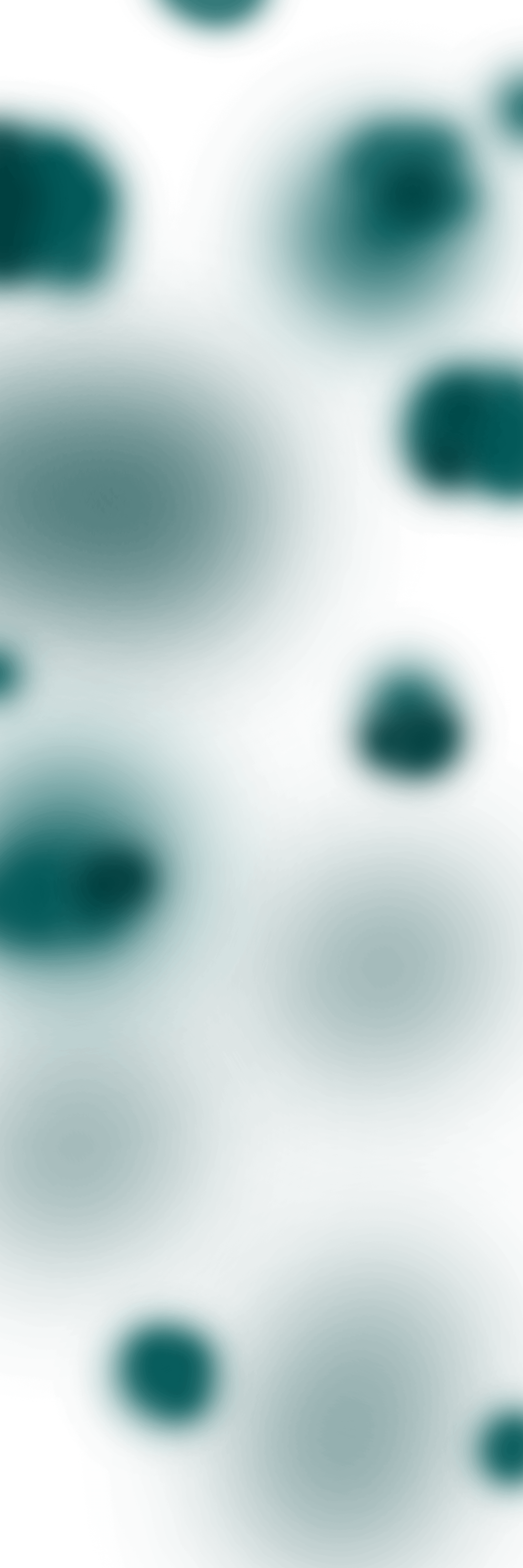James Bridle is a writer and artist working across technologies and disciplines. Their artworks have been commissioned by galleries and institutions and exhibited worldwide and on the internet. Their writing on literature, culture and networks has appeared in magazines and newspapers including Wired, the Atlantic, the New Statesman, the Guardian, and the Observer. ‘New Dark Age’, their book about technology, knowledge, and the end of the future, was published by Verso (UK & US) in 2018, and they wrote and presented ‘New Ways of Seeing’ for BBC Radio 4 in 2019. They are currently working on a new book.
Hello Worlds

Keynote Lecture with James Bridle (UK/GR), moderated by Regine Rapp (DE)
The climate crisis is on everyone's lips. While one faction is calling for a radical rethinking of our economic model and lifestyle to prevent it, the other is backing techno-solutionist ideas such as geo-engineering which promise to "repair" the environment without us having to give up any of our much-loved comforts. Thus, the earth, which has been exploited and transformed by humans, not least for the production of digital technologies, is now paradoxically to be saved by these very technologies. Big Data and algorithms are ascribed superhuman, even godlike abilities, which at the same time fundamentally question the human condition.
For a number of decades, particularly the subject of Artificial Intelligence has held a fascination and a fear for humankind. On the one hand, the era of thinking machines promises us solutions to many of our thorniest problems, and the glamour of a truly Sci-Fi future. On the other, it threatens to surpass and negate our own abilities, and entrench existing inequalities and biases ever deeper in society. But AI has not turned out the way we expected it to: the intelligence it demonstrates is less like our own than we expected, and this realisation comes just as we are discovering a wealth of thinking in the non-human world that exceeds our wildest imaginations. James Bridle – writer („New Dark Age: Technology and the End of the Future“) and artist working across technologies and disciplines – explores the possibilities of machine and more-than-human intelligence, the ecological impact of technology, and the ways we might rethink our relationships with other beings, in search of a more just and survivable future.

Regine Rapp is an art historian, curator and co-director ofArt Laboratory Berlin. She researches, curates and publishes on 21st century art interfacing with science and technology. Her research also focuses on modern and contemporary installation art, artist books and art and science collaborations. She taught art history at Burg Giebichenstein Kunsthochschule Halle. She recently published ‘Hybrid Art. Kunst jenseits des Anthropozentrismus’ [Hybrid Art. Art beyond Anthropocentrism] (Kunstchronik, July 2020) and co-edited the book ‘Mind the Fungi’(TU Berlin University Press, December 2020).


